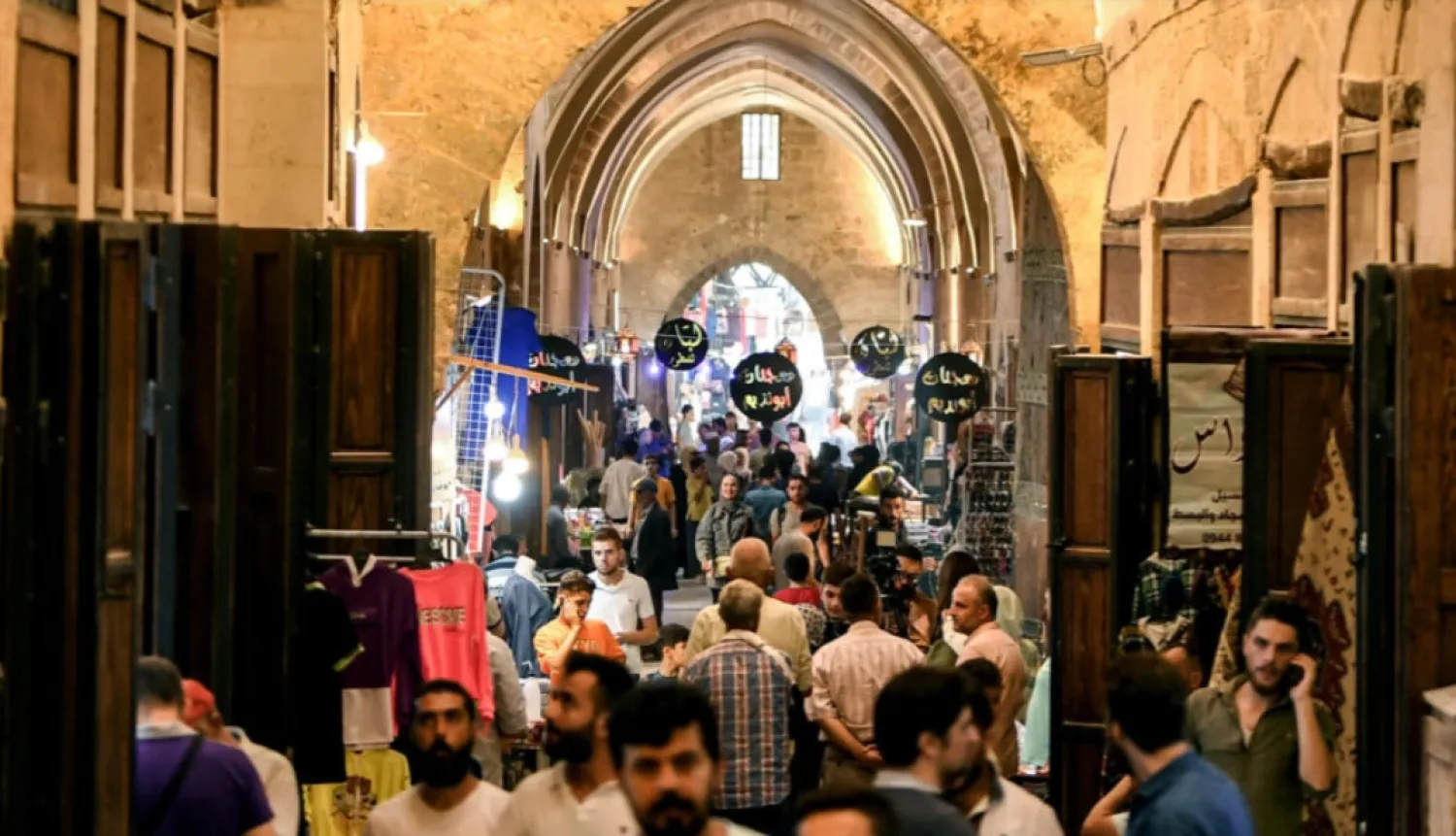Four historic souks in northern Syria's Aleppo, heavily damaged during some of the most intense fighting of the 13-year civil war, reopened this week following their restoration.
"After I reopened my old shop, following the renovation of the market, I felt my spirit return with it," said merchant Omar al-Rawwas, 45, who inherited his family's carpet business at the revived Saqtiya 2 souk.
Once famous for its bustling markets and old citadel, Aleppo's Old City was rendered almost unrecognizable by some of the worst violence in Syria's conflict between government forces and opposition that began after mass protests in 2011.
The fighting in Aleppo, which lasted until 2016 when Damascus recaptured the area with Moscow's support, completely destroyed many of the famed markets in the city previously considered Syria's economic capital.
Four souks in the Old City, restored through combined public and private efforts, reopened Wednesday evening -- drawing officials, residents and charity representatives to the celebration.
"Thank God, things have improved and the country has gotten better," Rawwas told AFP, noting that some of his business is from people returning to Aleppo since calm returned.
"Today, expatriates return from abroad to their homes, finding their rugs damaged by moths. They have them repaired because some of these rugs hold personal memories and others have special value to them."
The revived strip of shops, some reduced to ashes at the start of the conflict, stretches for about 100 metres (330 feet) across the Old City.
In previous years, three other souks of the total of 37 that once surrounded the citadel were restored.
The Saqtiya 2 souk was relatively spared the damage that hit other markets, where restoration work is continuing, albeit slowly, due to the country's economic crisis.
According to UNESCO, as much as 60 percent of Aleppo's Old City was badly damaged in fighting, and of that 30 percent was completely destroyed.
The Syrian army recaptured eastern Aleppo from opposition groups after a siege and heavy bombardment that forced tens of thousands of civilians and fighters to flee.
"In 2012, we fled the souk under bombardment and gunfire. We didn't leave by choice but were forced to," said Abdallah Chawwa, 49, who sells Aleppo's famous olive oil soap.
"I am now back in my shop and my spirit has returned to me."









